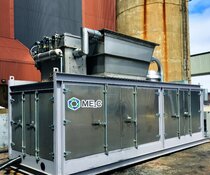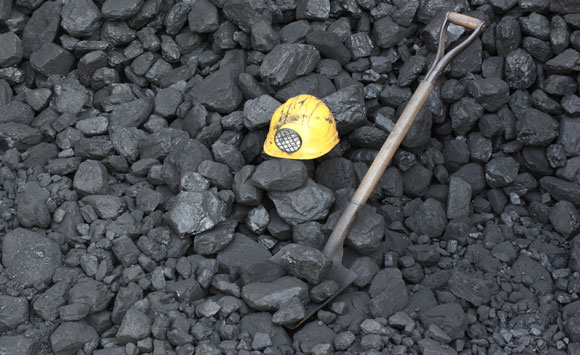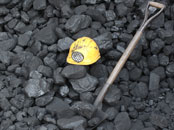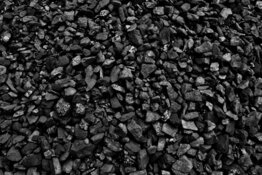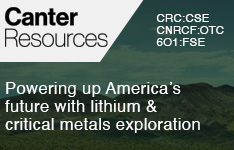Environmentalists Dispute EPA's Coal Ash Stats
Source: Associated Press, Dylan Lovan (12/30/10)
"Coal ash recyclers oppose the hazardous label."
Environmental groups who want coal ash to be classified as hazardous materials are challenging the figures of federal officials setting regulations for the substance.
The groups released their analysis as the EPA works to develop regulation guidelines for coal ash, a byproduct of burning coal at power plants, which can also be used in materials like drywall and cement.
Coal ash recyclers oppose the hazardous label. Many industry supporters said during public hearings conducted by the EPA that it would place a stigma on the substance and hurt their industry.
The analysis was conducted by the Environmental Integrity Project (EIP), Earthjustice and the Stockholm Environment Institute's U.S. Center at Tufts University. It said the EPA greatly inflated an estimate that said coal ash recycling is worth $23 billion annually in pollution avoidance and reduced energy costs. The group estimated the number is closer to $1.15 billion.
"The concern we have is so loudly exaggerating the economic benefit of coal ash recycling," said EIP Director Eric Schaeffer, "the noise that creates has sort of drowned out the concern over health and safety of properly disposing this kind of material."
The EPA is considering the new rules in the wake of the massive Dec. 22, 2008 spill that dumped 5.4 million cubic yards of toxin-laden coal ash sludge into the Emory River and on privately held land beside the Tennessee Valley Authority's Kingston power plant.
EPA spokeswoman Betsaida Alcantara said the agency would review the groups' analysis along with the 400,000 public comments it has received on the subject.
The agency has proposed national rules for the ash's disposal and management, as it contains mercury, cadmium and arsenic. In public hearings in several cities earlier this year, citizens and environmental activists said the ash is a health hazard.
The groups released their analysis as the EPA works to develop regulation guidelines for coal ash, a byproduct of burning coal at power plants, which can also be used in materials like drywall and cement.
Coal ash recyclers oppose the hazardous label. Many industry supporters said during public hearings conducted by the EPA that it would place a stigma on the substance and hurt their industry.
The analysis was conducted by the Environmental Integrity Project (EIP), Earthjustice and the Stockholm Environment Institute's U.S. Center at Tufts University. It said the EPA greatly inflated an estimate that said coal ash recycling is worth $23 billion annually in pollution avoidance and reduced energy costs. The group estimated the number is closer to $1.15 billion.
"The concern we have is so loudly exaggerating the economic benefit of coal ash recycling," said EIP Director Eric Schaeffer, "the noise that creates has sort of drowned out the concern over health and safety of properly disposing this kind of material."
The EPA is considering the new rules in the wake of the massive Dec. 22, 2008 spill that dumped 5.4 million cubic yards of toxin-laden coal ash sludge into the Emory River and on privately held land beside the Tennessee Valley Authority's Kingston power plant.
EPA spokeswoman Betsaida Alcantara said the agency would review the groups' analysis along with the 400,000 public comments it has received on the subject.
The agency has proposed national rules for the ash's disposal and management, as it contains mercury, cadmium and arsenic. In public hearings in several cities earlier this year, citizens and environmental activists said the ash is a health hazard.

